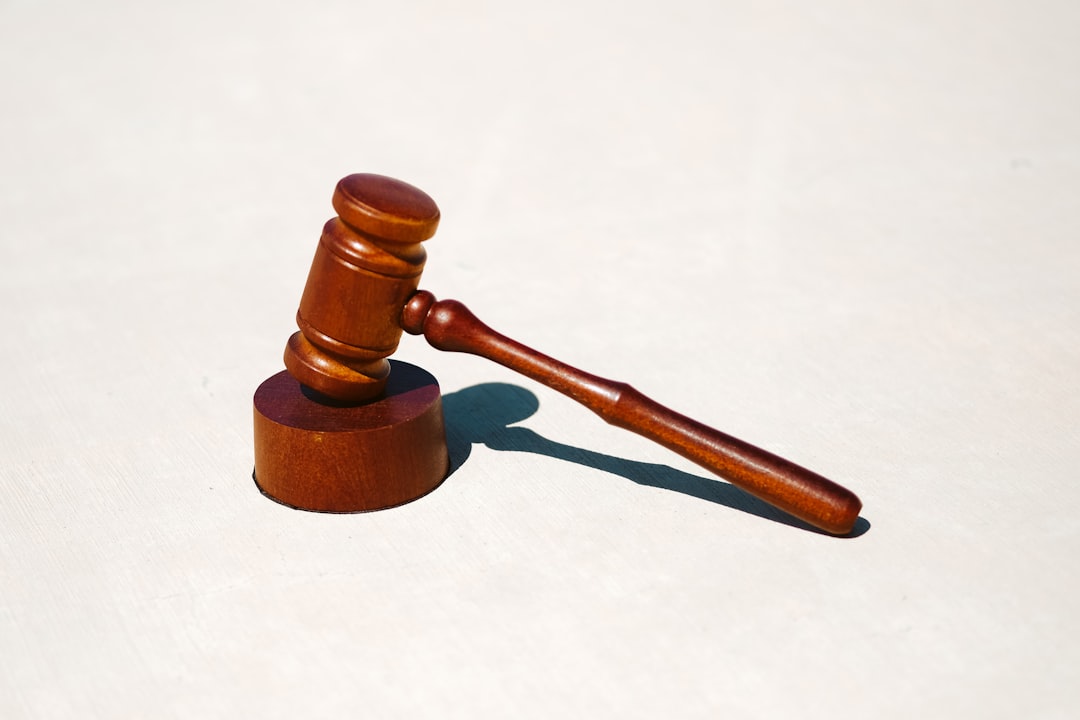New York's strict anti-spam laws protect residents from unwanted marketing practices with heavy penalties for violators. Spam call lawyers defend free speech rights while navigating complex regulations, ensuring consumer protection without stifling legitimate communication. Businesses in New York should train staff, use filtering systems, and consult these lawyers to comply with the Telephone Consumer Protection Act (TCPA) and avoid legal issues.
In Albany, balancing free speech and spam prevention is a delicate act, with New York’s strict spam laws in play. This article explores the intricate relationship between consumer protection and expression, delving into the roles of lawyers in defending free speech and guiding businesses through navigating these regulations. We examine strategies for legitimate operations, analyze case studies to understand when speech crosses into spam, and highlight the importance of legal counsel for businesses seeking to avoid costly mistakes with New York’s spam call lawyers.
Understanding New York's Strict Spam Laws

New York has some of the strictest spam laws in the country, designed to protect residents from unwanted and deceptive marketing practices. These laws cover a wide range of communication methods, including phone calls, text messages, and emails. Anyone found guilty of violating these regulations can face significant fines and legal repercussions.
In particular, New York’s Attorney General has taken a hard line against spam calls, with many cases involving large telecommunications companies and call centers. To combat this, laws have been implemented to require explicit consent before businesses can contact consumers via phone, and to provide clear opt-out mechanisms for recipients. Understanding these regulations is crucial, especially for businesses operating in New York or those considering expanding there, as spam call lawyers in New York are increasingly in demand to help companies navigate this complex legal landscape.
The Role of Lawyers in Free Speech Defense

In the ongoing battle between free speech and spam prevention, particularly in Albany, New York, legal professionals play a pivotal role. Spam call lawyers are at the forefront, defending individuals’ right to express themselves freely while navigating complex laws aimed at curbing nuisance calls. They work tirelessly to ensure that anti-spam measures do not infringe upon legitimate communication, especially when it comes to political discourse and civic engagement.
These attorneys are well-versed in interpreting and applying laws related to telecommunications and consumer protection. Their expertise is crucial in distinguishing between protected speech and spam, helping clients stay within legal boundaries while exercising their right to speak. By staying updated on legislative changes and employing strategic legal arguments, they contribute to a healthy balance between safeguarding consumers from unwanted calls and upholding the principles of free expression.
Balancing Rights: Consumer Protection vs. Expression

In the realm of communication, balancing free speech and consumer protection is a delicate act, especially with the rise of spam calls. While everyone enjoys the right to express themselves, no one wants their personal space invaded by unwanted telemarketing. This conflict between expression and protection has been a hotly debated topic in New York, where laws are being crafted to safeguard residents from relentless spam calls without infringing upon legitimate businesses’ ability to reach customers.
Spam call lawyers in New York play a crucial role in navigating this labyrinthine issue. They work towards creating a harmonious balance by ensuring that consumer rights are protected while allowing genuine communication. These legal experts help craft policies that consider the subtle nuances between blocking legitimate business calls and preventing companies from exploiting loopholes to harass consumers, thus fostering a healthy environment for both expression and protection.
Strategies for Legitimate Businesses to Navigate

In the complex landscape of communication, especially in a bustling metropolis like Albany, New York, legitimate businesses face a delicate balancing act when it comes to free speech and spam prevention. With an increasing number of spam calls and unsolicited messages, protecting consumer privacy and managing legal repercussions is paramount. Businesses must navigate this intricate web by employing strategic measures that respect individual rights while adhering to regulatory guidelines.
One effective approach for Albany’s businesses is to invest in comprehensive training programs for their staff. Educating employees about responsible communication practices can help identify and prevent spam calls. Additionally, implementing robust filtering systems and call-blocking technologies can significantly reduce the volume of unwanted communications. Engaging the services of reputable spam call lawyers in New York can also provide valuable insights into legal protections and strategies to mitigate potential liabilities associated with spam-related issues.
Case Studies: When Does Speech Turn into Spam?

In the intricate dance between free speech and spam prevention, understanding where one ends and the other begins is paramount, especially in Albany, a hub for legal discourse. Case studies offer valuable insights into this balancing act. For instance, while political activists in New York may use phone banking as a legitimate organizing tool, excessive or unsolicited calls can rapidly transform into spam, infringing upon recipients’ privacy.
Spam call lawyers in New York play a crucial role here, helping to delineate acceptable communication from intrusive marketing. They navigate the legal landscape surrounding Telephone Consumer Protection Act (TCPA) violations, ensuring that political messages, charity solicitations, or commercial advertising respect individual consent and do not cross into the realm of unwanted spam. These legal experts facilitate a harmonious relationship between expressive speech and anti-spam measures, fostering an environment where communication remains free yet respectful.






